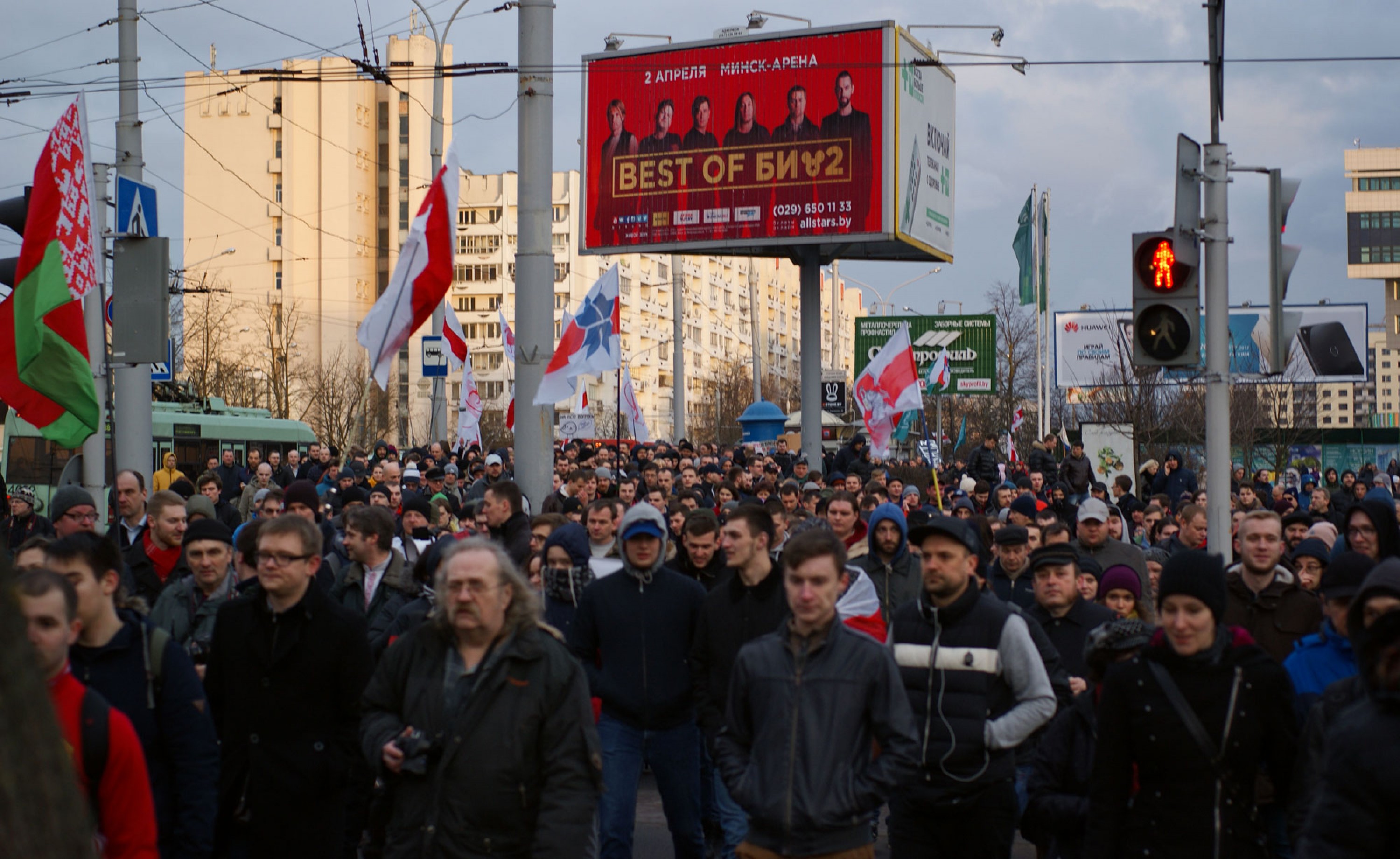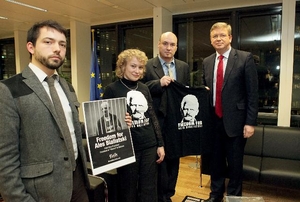Statement on the presidential elections in Belarus
On 10.08.2020, the day after the presidential elections in Belarus, the incumbent president Alexander Lukashenka declared himself the winner with slightly over 80%. According to the official final result, his challenger, Svetlana Tsikhanouskaya, received 9,9% of the vote.
For the democratic public in Belarus and in Europe, there is no question that the official election result has been massively falsified. The actual outcome of the “election”, which was never free and fair, but based on fear and repression, is thus turned around on its head. There are numerous indications of falsification by the regime and ignoring the will of the voters, such as the publication of actual figures by some polling stations from different parts of the country (villages, small towns, cities), which are totally opposed to the official result, or the report of the local election observation of the Viasna Human Rights Center and the Belarusian Helsinki Committee.
In the nights after the election, there were large protests across the country in Belarus, which were brutally beaten down by security forces. Hundreds of people have been injured and one demonstrator has died so far. Svetlana Tsikhanouskaya meanwhile is in Vilnius because of serious threats to her life and has withdrawn from the protests after the regime presumably threatened her relatives with violence (her husband is in prison in Belarus).
We call on politics, the public and the media in Germany and the EU to openly name as such the falsification of the results of the presidential elections in Belarus and not to recognize the renewed “self-proclamation” of Lukashenka as the “re-elected” president. The pressure from the West on the regime in Minsk, including its official representations abroad, must not ease and should be accompanied by sanctions against those responsible in Belarus, especially travel-restrictions and account-freezes for those responsible for election fraud and repression.
In the short term, the people of Belarus need an emergency aid program from the EU for legal aid, legal costs, fines, help for people in prison and their families, medical treatment, short-term stays abroad for politically persecuted people, university places for students who have been expelled from universities, etc.
In addition, strong support is required for the Belarusian civil society, which in recent months has impressively emancipated itself from the authoritarian power apparatus. This can be done through travel opportunities, intensified exchange, support for independent media and educational offers. Also, more funds are needed for the Belarus work of European organizations that can support initiatives and civic engagement in Belarus with little bureaucracy even without the consent of those in power.
Berlin, 12 August 2020
Stephan Malerius, Stefanie Schiffer, Denis Friedrich, Christoph Becker, Peter Liesegang

